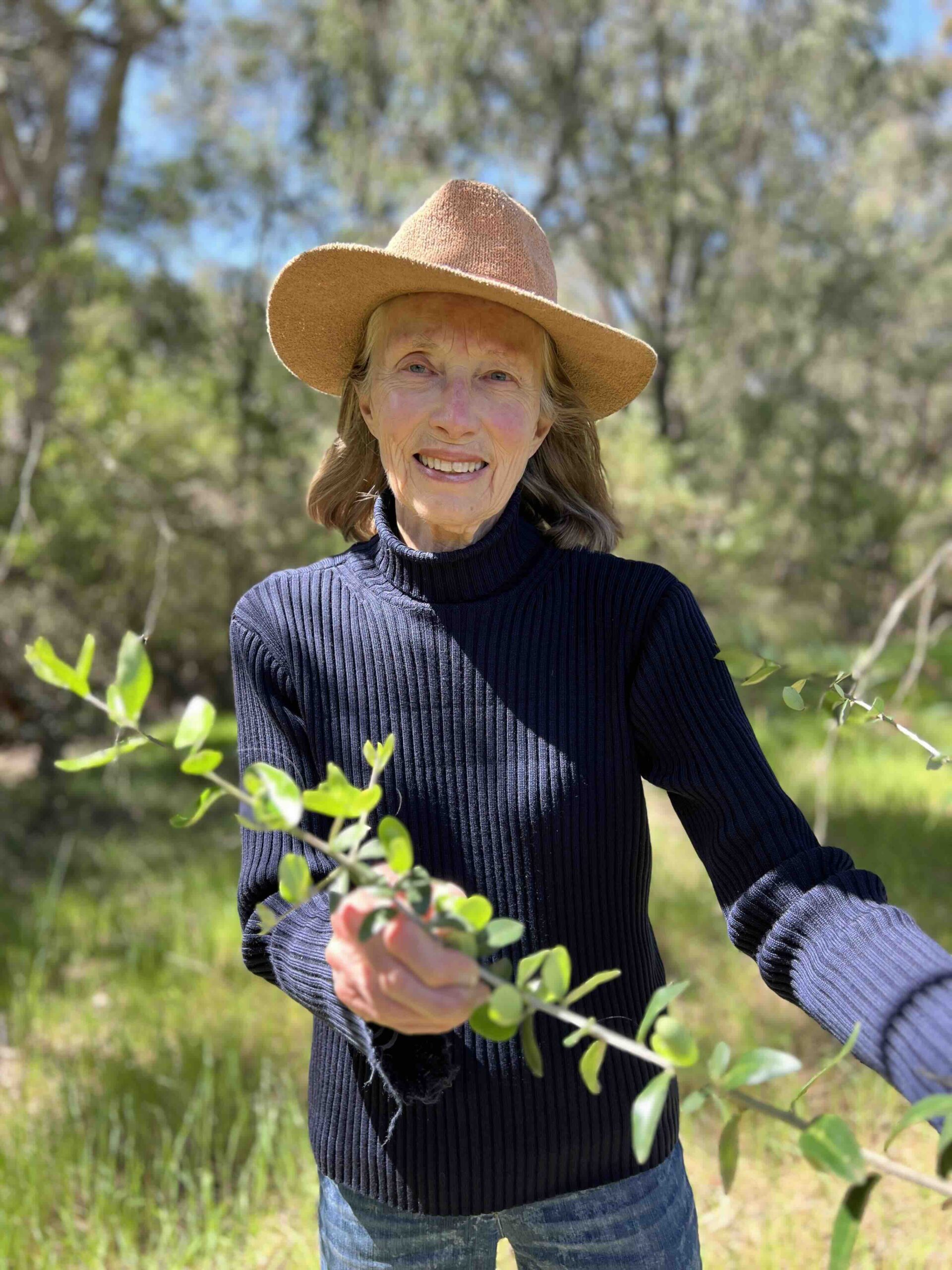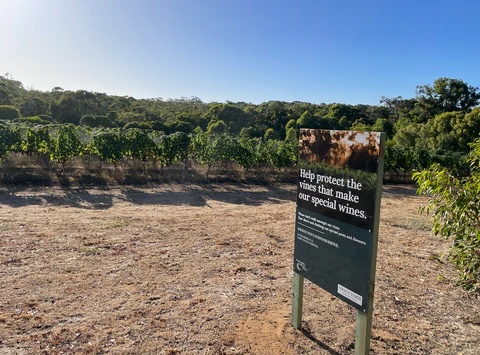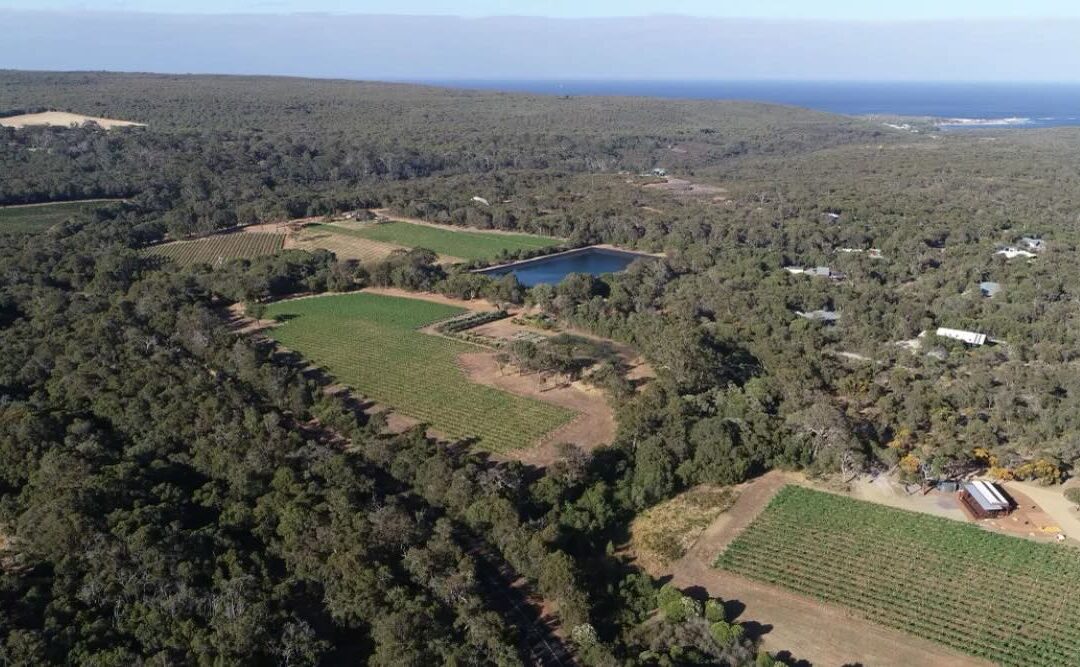A picturesque family-owned winery in Gracetown is stepping up to protect the local bushland, joining forces with Nature Conservation Margaret River Region in the fight against wood weed species.
Grace Farm, known for its premium hand-crafted wines and sustainable farming practices, is tackling the growing threat of woody weeds like feral olives, Sydney golden wattle, and blackwood.
This effort is part of the Woody Weeds Campaign, a collaborative initiative uniting local businesses, landholders, and conservationists to preserve the region’s natural environment. Woody weeds, described by the conservation group as one of the biggest threats to local bushland, outcompete native species, disrupt ecosystems, and spread into reserves and national parks, offering little habitat value for wildlife.
The Mair family, owners of Grace Farm, have spent over two decades working with Nature Conservation to enhance their property’s biodiversity. From mapping flora and fauna to managing invasive species, the family is dedicated to restoring and maintaining the health of their substantial bushland.
“Regeneration and management of the bush at Grace Farm is always at the forefront of our minds,” says Elizabeth Mair. “Over the past decade, we’ve seen a rise in woody weed infestations, especially feral olives and Sydney golden wattle, which can dominate pristine bush if left unchecked. These weeds compete fiercely with native plants, making it vital to survey the landscape and take action to rejuvenate it.”

Elizabeth Mair and her family are fighting weed trees and being stewards for conservation at Grace Farm
For the Mair family, the rewards of their hard work are clear. “Seeing native species flourish and enjoying the vibrant wildflowers each spring makes the effort worthwhile,” Elizabeth adds.
Grace Farm’s efforts are part of a larger regional push involving multiple land managers and local groups. Nature Conservation’s Woody Weeds Coordinator, Peta Lierich, highlights the value of partnerships. “We work collaboratively with landholders, offering a 50-50 cost-sharing model to tackle woody weeds in high-conservation areas,” she said. “These efforts don’t just benefit individual properties—they protect the region’s biodiversity and natural beauty.”
The campaign is inspiring others to join the cause. Nearby olive producer Olio Bello has committed to controlling feral olives along the Cowaramup Brook, and Main Roads is addressing woody weeds in the adjoining road reserves.

Peta emphasizes the importance of teamwork: “Our message is simple—be a good neighbour. If we all work together across fences, we can stop the spread of weeds and enjoy a thriving landscape. Tackling woody weeds isn’t just about the environment—it has economic, social, and agronomic benefits for the whole community.”
Landholders in the greater Gracetown and Cowaramup Bay area are encouraged to join the effort. Cost-sharing grants are available for woody weed control through Nature Conservation’s campaign, funded by the WA Government’s State Natural Resource Management Program.
For more information or to check eligibility, contact Peta Lierich at peta.lierich@natureconservation.org.au. Together, we can protect the region’s unique and precious bushland for generations to come. Find out more at www.natureconservation.org.au.

